Jamie Budlong, a direct-support professional who works with New Yorkers with disabilities through the Liberty ARC in upstate Montgomery County, said a $4,000 geographic pay differential in fiscal 2024 would make a difference in her life. She’s working long hours to make ends meet—and while she loves her job, she says the pay “is not good at all” for the work and responsibilities she and other DSPs perform.
However, Budlong is not eligible to receive the money, which is part of a proposal from the state Office for People with Developmental Disabilities that would affect DSPs in state-operated facilities and programs. The proposal was announced after Gov. Kathy Hochul introduced her budget last month.
But the money doesn’t apply to DSPs who work for “voluntary,” or privately operated, facilities and programs and who make up more than 80% of the workforce. Many advocates fear that their exclusion will cause more employees to leave a sector that is already struggling with workforce retention and interrupt services for disabled New Yorkers.
According to a summary of pending actions, the proposed fiscal 2024 budget includes money for OPWDD to fund a geographic differential that would affect up to 10,000 employees. Direct support assistants and various front-line supervisor titles would receive an additional $4,000 upstate and $6,000 downstate, the summary reads.
OPWDD doesn’t pay by the hour, but according to the summary, the increases would push DSP rates to $23 per hour upstate and $25 per hour downstate, up from $21.13 per hour and $22.59 per hour, respectively. The total annual cost of these increases plus proposed increases for workers at Sunmount and Valley Ridge, two state-operated institutional facilities upstate, is estimated to be $50 million.
In Hochul’s proposed budget, workers at human service nonprofits would receive a 2.5% cost-of-living-adjustment. According to Michael Seereiter, the chief executive for the New York Alliance for Inclusion and Innovation, DSPs at private agencies have historically been paid less than state DSPs. Their average starting wage is $16.07 per hour and the COLA in the budget wouldn’t be enough for providers to cover wage increases and their rising costs of doing business, he said.
However, Fran Turner, the director of legislative and political action at the Civil Service Employees Association union, which represents both state and private DSPs, said the COLA represents an effort to increase pay for all workers as the sector is desperate for staff.
New York’s disability workforce has been struggling with retention issues for years because of an inability to pay competitive wages for what can be difficult work. Nonprofit providers say high turnover and vacancy rates cause their part of the sector to lose $100 million annually and cause New Yorkers with disabilities to struggle accessing services. As of April 2021, the state’s vacancy rate for nonprofit providers sat at around 25%.
Elly Rufer, whose adult daughter Katie lives in a facility in Manhattan, said that if staff leave the sector, Katie could be endangered or lose access to some of her favorite activities.
Katie has intellectual and developmental disabilities and a complex seizure disorder and can’t traverse the city alone. If there isn’t an appropriate amount of staff in her home, she might not get to doctor’s appointments or church and could lose her quality of life, Rufer said.
BJ Stasio, a disability advocate who has cerebral palsy, is also worried that private DSPs leaving could disturb services—and trust. DSPs often help people with intimate activities such as toileting and bathing, he said, and high turnover is not ideal for staff and participant relationships. Moreover, he said, he doesn’t understand the rationale behind only giving state-operated workers a differential.
In light of these concerns, stakeholders are pushing the Legislature to include different provisions in the budget ahead of its vote on Hochul’s budget. Advocates, legislators and providers rallied in Albany on Tuesday to ask for an 8.5% COLA for DSPs and a direct support wage enhancement. Both asks were brought to Hochul before she published her proposed budget.
Stasio said advocates have been in Albany in conversations with lawmakers. He encouraged other advocates to share their views on what needs to be included in the budget.
“If you’re not at the table talking about this stuff, the stuff you need for your life . . . if you’re not at the table, you’re on the menu,” he said.
Rufer noted that women and people of color make up much of the DSP workforce.
“It’s time to treat everybody equally and fairly,” she said.
In response to advocates’ concerns about nonprofit DSPs being excluded, OPWDD representative Erin Silk said the state office does not have the authority to set wages for private providers.
“OPWDD recognizes that our direct care workforce is the backbone of a strong service delivery system and has taken measures to not only allow for salary increases, but to improve job quality through improvements in recruitment, training and retention,” she said. “Although OPWDD reimburses its providers through Medicaid rates, it does not have the authority to set wages for employees of our service providers the same way it does for state staff.”
Silk added that the 2.5% COLA, coupled with last year’s 5.4% adjustment for DSPs, is the first time a governor has provided back-to-back investments in more than decade. Together, Silk said, these investments will provide more than $700 million toward increased costs, including wages.
The Legislature will vote on Hochul’s budget by April. —Jacqueline Neber
